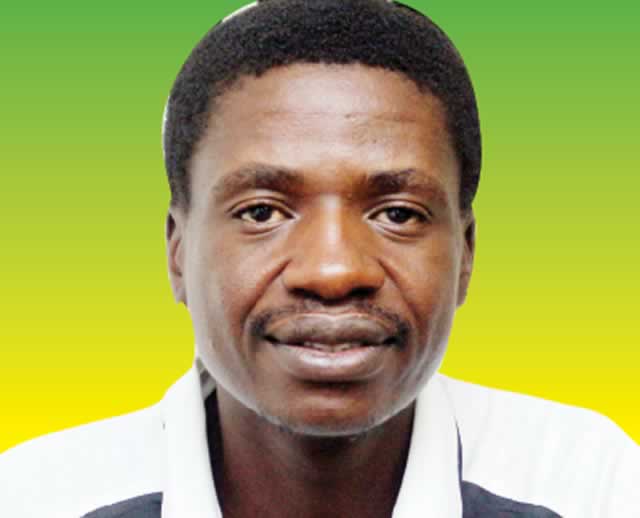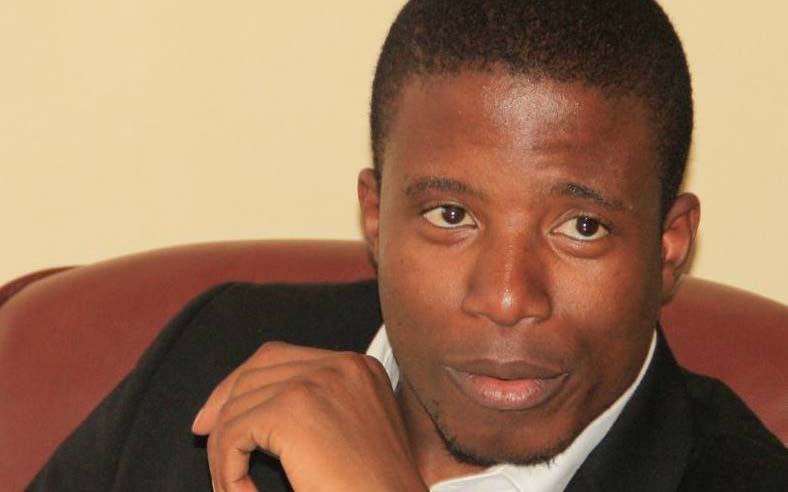EDITORIAL COMMENT: People in cities also need food aid

Traditionally food insecurity is synonymous with people in rural areas whereas those in towns and cities tended to be always well fed. The same applied to poverty. It was a rural problem, more specifically a woman’s. As rural lives generally revolve around subsistence agriculture, drought frequently left villagers hungry. Those with relatives working in towns were less affected as they got supplies from there. Incomes were almost always higher in towns than in rural areas.
However, food insecurity, like poverty, has in recent years migrated to the city where it is afflicting a growing number of people.
It is therefore not useful for anyone to keep on pretending that residents in Harare, Bulawayo, Gweru, Mutare, Masvingo and other urban centres are well supplied and villagers always not. The Government, like all of us, now understands that the social and economic deprivation that is historically associated with the countryside and the plenty that is historically associated with cities is not relevant anymore.
This has been so because thousands of urbanites are losing jobs as the economy struggles. Additionally, the HIV and Aids pandemic is afflicting some people, a situation that destroys livelihoods and creates a substantial population of unwell people, child-headed families, orphans and those that are being taken care of by resource-poor elderly.
As we report elsewhere, the Government recently decided to extend the distribution of food aid to Harare and Bulawayo, probably for the first time in the history of organised food assistance programmes in the country.
That it took a lot of convincing by metropolitan ministers, Cdes Nomthandazo Eunice Moyo in Bulawayo and Miriam Chikukwa in Harare for some in Government to agree to this intervention underscores the conventional mistaken understanding of the ecology of poverty and food security in the country.
In Bulawayo over 3 000 vulnerable people have benefited since Wednesday last week. Beneficiaries from the first batch included residents from Luveve, Cowdray Park, Makokoba, Mzilikazi, Njube, Iminyela suburbs.
“We’ve managed to do the distributions for July as anticipated. We distributed according to the Government’s directives by distributing to the harmonised cash transfers and public assistance members,” said Bulawayo Metropolitan Province social welfare officer Mr Chriswell Nyakudya.
“We distributed grain to 3 115 vulnerable people. Out of 156, 75 tonnes we distributed 155, 75 tonnes giving us a balance of one tonne. One tonne was left because beneficiaries did not turn up to claim their share.”
He said in some wards distributors were forced to give the food aid to deserving people who were not on their lists as the targeted members were not available.
“We ended up giving the left overs to the disabled, elderly, chronically ill, widows and widowers and orphans. The ward screening team came up with the lists,” he said. “We need an urban poverty assessment committee. We need Zimbabwe Vulnerability Assessment Committee (ZimVac) to do a scientific investigation to determine the poverty levels in the cities. At the moment we don’t have any science evidence based figure.”
The Government took the right decision to introduce food aid provision in Bulawayo and Harare as thousands of poor people in both cities went hungry in silence with everyone refusing to acknowledge that there are new threats to food security from time to time, from place to place. But we are certain that the 3 115 people who have been given food handouts over the past seven days are only a fraction of the people in Bulawayo who wake up every morning not knowing where their meal for the day is going to come from. The same must apply to Harare as well.
For this reason we agree with Mr Nyakudya when he says poverty assessment initiatives like ZimVac must not overlook the two metropolitan regions for reliable information to be compiled for response mechanisms to be put in place so that people don’t suffer when they should not.
He challenged the private sector to join the Government in assisting those in need of food aid.
“We could be covering more ground if other stakeholders could come on board. The registration committee has registered beneficiaries so that we give the figures to the Minister of State for Provincial Affairs Nomthandazo Eunice Moyo so that she can brief the President that in Bulawayo we still have more people in need of food aid,” he said
While still at that, we implore non-governmental organisations to get involved too. We appreciate that many of them are already implementing social welfare projects like nutritional gardens in the western suburbs for people living with HIV and Aids, but they might need to consider expanding their coverage to more direct and immediate food handouts, complementing the Government’s new effort.












Comments